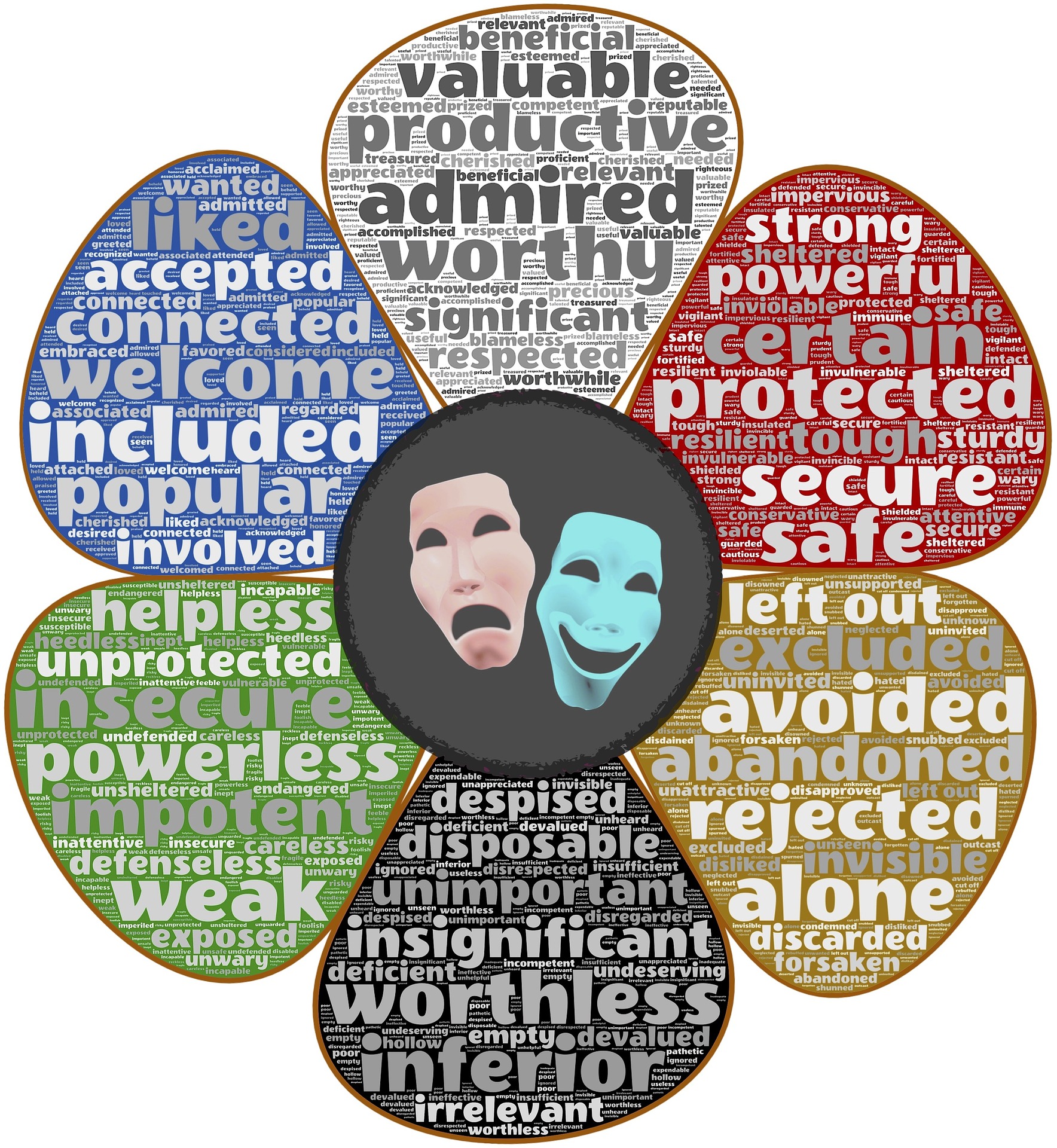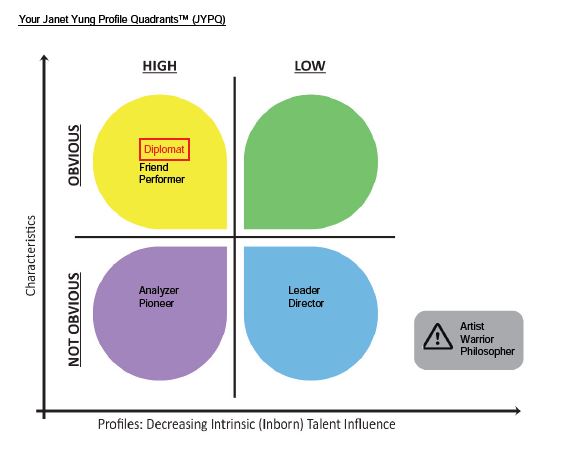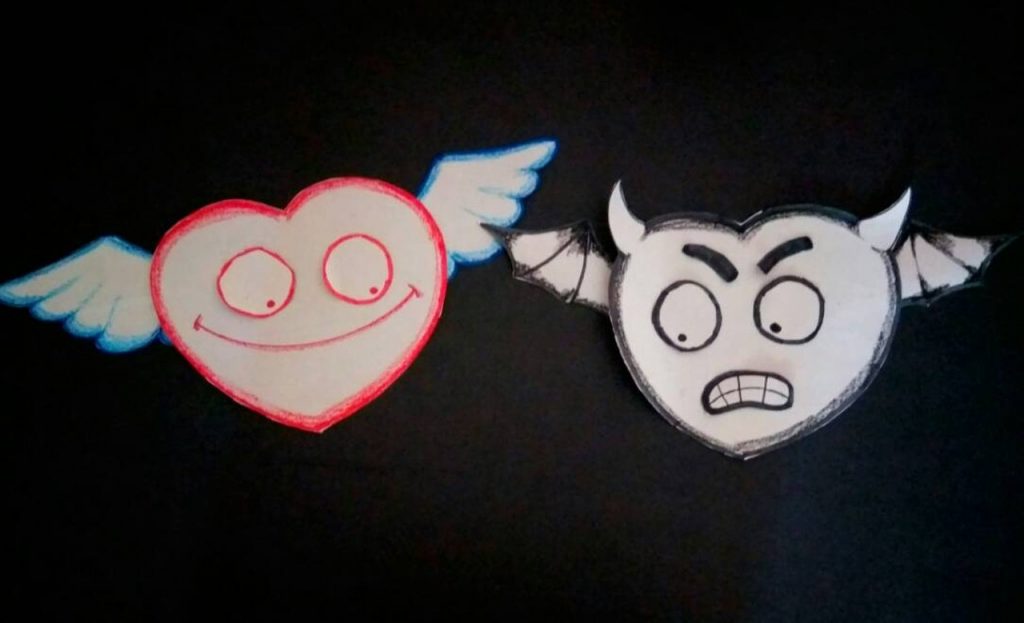Bazi Profile
Have you heard of the phrase, “too much of a good thing maybe bad?” Do you agree with this saying? Under the concept of Yin and Yang in Chinese metaphysical or traditional Chinese medicine studies, when there’s too much sunlight, too much heat will be generated and we will need to balance with much needed cool and breeze to feel comfortable. Similarly, when a person’s strength is persistence and determination, too much of it, others will perceive these traits to be stubbornness. An analytical and careful mind can be your strength, but too much of it, others will perceive you to be in an analysis-paralysis situation.
“I’ve not seen much results even after switching to a role that is presumably suitable for me.” proclaimed a client after a couple of months into a new role.
“Though I enjoy my role previously, I’m getting restless and bored. Should I change my job or industry?”
These were questions posed by clients recently. In a previous article: How Does Your Personality Affect Your Passion, Talent and Competency at Work?, I wrote about how you may sometimes feel as though you’re not hitting your maximum potential and talent in your role on the job. One of the crucial reasons why people are so motivated by their passion at work is due to the fact that they are intrinsically talented in certain fields. However, for these talents to be truly appreciated by others, they need to be developed to become your competencies.
A competency is more than just knowledge and skills. Competency is a cluster of related abilities, commitments, knowledge, and skills that enable a person (or an organization) to act effectively in a job or situation. It involves having the ability to meet complex demands, drawing on and mobilizing psycho-social resources (including skills and attitudes) when the need arises. Competencies thus refer to the skills, knowledge, abilities and appropriate behaviours that lead to consistent superior performance.
By now, you must be thinking…wait a minute…wouldn’t all these take time to develop, when will I be truly happy and successful in what I do?
You are right. It takes time and effort to realize your goals. Consistent effort, persistence and determination are required. Even talented sports men or women will need to train for at least 10,000 hours before they are considered for professional competitions. Thus, there are no short cuts, after all, wouldn’t success taste much sweeter after learning from your failures and experience?
Now, back to the above question: “Can Your Positive Characteristics become Your Weakness?”

In the previous article, I introduced the JYPQ™ chart shown below. From a career and work perspective, it is important that what we are naturally endowed with, our Intrinsic Talent, is obvious to others. Thus the Obvious Profiles in the (Focus Quadrant – Yellow Quadrant) play more important roles and our focus will be the top one or two Obvious Profiles when understanding what will make you successful in career.

Notice that in the above JYPQ™ chart there is a profile in a red rectangle, this profile is known as the Base* Profile and is the profile that you are most comfortable with, and most times the characteristics of this Profile would only be seen by those close to the person and who understand you well if the Base Profile is not in the Focus Quadrant. Thus it is best if the Base Profile is in the Focus Quadrant (Yellow) as well.
Every profile will exhibit positive and negative characteristics. At times, the profile’s influence may be too strong in our chart causing the perception that we are behaving towards the negative characteristics. These profiles are highlighted in red in the JYPQ™ chart. In this case, it is the Diplomat* Base Profile that has been highlighted in red.
The Diplomat is someone who is perceived to be honourable, dependable and disciplined. However, when it is highlighted in red, others will also have the perception that he/she is ultra-conservative, indecisive and unyielding. It is thus important for us to be aware and constantly check and manage these “unhealthy” behaviours, improve on our skills and talents and make them our competencies rather than let these negative traits become a liability to us.
The list of positive and negative characteristics are included in the Being Happy and Successful series of books or in your Career Profiling Report. In the report, there are some exercises that one can utilize to monitor and track one’s progress so as to make these skills or talents one’s competencies. However, if you find it too cumbersome to get others to give you feedback, we have created a new tool to help you identify the areas that you need to manage and improve. If needed, you can do this on a regular basis to monitor and adjust the key characteristic to improve and manage. Please click on this link to find out more.
“Knowing others is intelligence; knowing yourself is true wisdom. Mastering others is strength; mastering yourself is true power.”
– Lao-Tzu
Thank you for taking time to read this post. If you have not downloaded our FREE mobile app and would like to know more about yourself and others’ perception of you, you can download the Free PATHS™ mobile app at both Google Play and App Store.
* The “Profile” types are adapted from Joey Yap’s Bazi Profiling System





